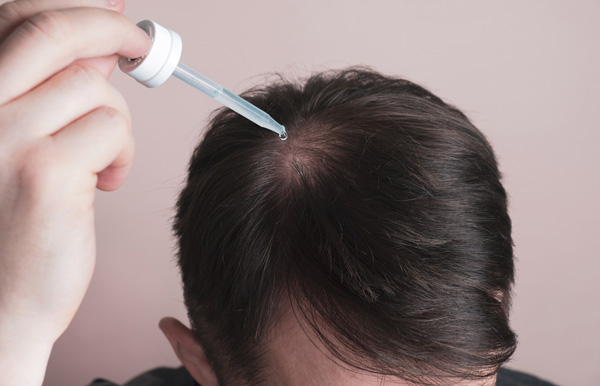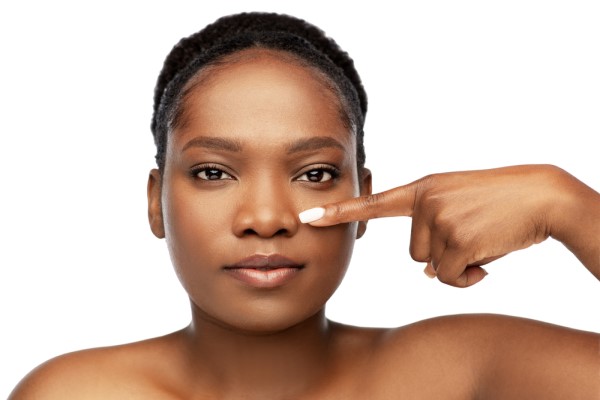Hair Growth Treatment Options From a Hair Clinic

Hair growth is a crucial aspect of one's physical appearance and can affect self-esteem and confidence. It is frustrating when a full head of locks is replaced by thinning hair, prompting many to seek hair growth treatments. Fortunately, hair clinics offer numerous solutions for baldness and thinning hair, all dependent on the cause of one’s hair loss.
A comprehensive guide to hair growth treatments
Hair loss can result from numerous factors, such as genetics, medical conditions, medications, hormonal imbalances, stress, and lifestyle choices. The American Hair Loss Association reports that by age 35, two-thirds of men will experience some degree of hair loss. They also report that women comprise 40 percent of the American hair loss population in any given year.
What to expect during the appointment
Hair loss can be a complex issue requiring an understanding of symptoms and underlying causes. Upon arriving at the hair clinic, patients will consult an experienced hair specialist who conducts a thorough consultation and evaluation process before devising a treatment plan. During the consultation, the hair specialist will examine one’s scalp, follicles, hair quality, and hair loss pattern. They may also conduct a blood test to evaluate the levels of hormones, vitamins, and minerals in the body. The hair specialist may also question the patient regarding their medical history, lifestyle, diet, and medication use. If the specialist finds underlying medical conditions, such as cancer, they may need to consult the patient’s specialist, as some medical treatments directly impair hair growth treatment options.
This consultation and evaluation will help determine the most effective hair growth treatment. Each treatment can treat hair loss, stimulate hair growth, and thicken each strand. Hair growth treatments may also include medication, scalp micro-pigmentation, low-level light therapy, and hair transplants.
Medication
Specialists may prescribe a topical medication, such as Minoxidil. This is the most commonly used FDA-approved medication for hair loss. The specialist will typically administer it as a foam or liquid. It works by improving the blood flow of hair follicles, increasing hair thickness, and promoting new hair growth.
Specialists may also prescribe an oral medication, namely Finasteride. It blocks dihydrotestosterone (DHT), the hormone responsible for male pattern baldness. When the levels of DHT are reduced, the hair follicles become thicker, resulting in hair growth.
Scalp micro-pigmentation
Scalp micro-pigmentation (SMP) is a technique that involves the injection of pigments into the scalp using microneedling equipment. This hair growth treatment creates the appearance of a full head of hair by mimicking the look of hair follicles on the scalp.
Low-level light therapy
Low-level light therapy (LLLT) is a non-invasive hair restoration treatment based on the wavelength of red light. The light wavelength penetrates the scalp, stimulates the hair follicles, and increases blood flow to the treated area. The hair specialist may use it in combination with other hair growth treatments such as medication or transplant surgery.
Hair transplants
Hair transplant surgery is a popular option for restoring hair density. The two most common techniques are follicular unit extraction (FUE) and follicular unit transplantation (FUT).
FUE is a minimally invasive hair restoration technique where individual hair follicles are removed from the back of the head and transplanted to the recipient area. The hair follicles are harvested using a micro punch, a small instrument that ensures no visible scar. It is worth noting that specialists can use this technique to restore eyebrows, beards, and other facial hair. The will remove hair follicles from one area and transplant them into the facial hair area to create a natural-looking beard or brow.
FUT involves removing a thin strip of tissue from the back of the head, divided into smaller grafts the specialist will then transplant into the recipient area. The procedure may leave a thin linear scar concealed after hair growth.
Platelet-rich plasma therapy
Platelet-rich plasma (PRP) is a hair transplant technique that involves harvesting growth factors and stem cells from the patient’s own blood and injecting them into the scalp to promote hair growth. The PRP injections are administered under the supervision of the hair specialist using a derma roller or microneedling equipment.
Consult a hair specialist to understand your hair loss
Hair loss can be a dreadful condition for men and women. Thankfully, various hair growth treatment options, surgical and non-surgical, are available at our hair clinic. To learn more about your type of hair loss and receive a comprehensive treatment plan, contact our clinic and schedule an appointment.
Request an appointment here: https://www.paulcdillonmd.com or call Paul C. Dillon, MD Inc at (847) 429-3185 for an appointment in our Schaumburg office.
Check out what others are saying about our services on Yelp: Read our Yelp reviews.
Recent Posts
Hair restoration is a growing solution for women experiencing hair loss and thinning, offering a range of treatments designed to restore natural hair growth and enhance confidence. Whether due to genetics, hormonal changes, stress, or other factors, hair thinning can be a source of distress. Women looking for a reliable and effective solution to their…
Plastic surgery is a big deal, especially when done on the face. An individual's face is the first thing that gets noticed when interacting with others. One of the main facial areas worked on in plastic surgery is the nose. The nose is an important feature, as it sits in the middle of the face…
Laser hair removal is the go-to med spa treatment for achieving smooth, hair-free skin. Unlike shaving, waxing, or tweezing, this advanced technique offers a more lasting and effective solution to unwanted body hair. It targets hair follicles with high precision to prevent future growth, leaving skin feeling soft and smooth. If you are considering this…
Medical spa facilities offer a unique blend of advanced skincare procedures and overall wellness services, delivering a comfortable atmosphere where individuals can improve their appearance and nurture balance. By combining professional expertise with cutting-edge technology, these centers bridge the gap between classic spa offerings and clinically focused treatments. Patients can experience rejuvenation and confidence through…


